Supreme Court Justice Samuel Alito unleashed a blazing dissent to the Court's decision to insert itself into the deportation of Venezuelan Tren de Aragua thugs under the Alien Enemies Act; see Supreme Court Halts Deportations Under the Alien Enemies Act – RedState. In a dissent joined only by Justice Clarence Thomas, Justice Alito castigated his colleagues for their decision in the early hours of Saturday to interfere in a decision that the Fifth Circuit was still adjudicating. "Shortly after midnight yesterday," wrote Alito, "the Court hastily and prematurely granted unprecedented emergency relief."
Alito lays out all the problems with the Court's actions:
- It is not clear that the Court had jurisdiction.
- The ACLU probably did not have the authority to appeal to the Fifth Circuit, much less to the Supreme Court.
- The Fifth Circuit was still considering the case when the Supreme Court intervened, even though the SCOTUS knew the Fifth Circuit would be issuing a ruling momentarily.
- The government was not given a chance to respond to the appeal.
- The evidence in the appeal does not support emergency action.
As if to twist the knife a little, Alito reminds the Court that in South Bay United Pentecostal Church v. Newsom, Chief Justice Roberts turned away an emergency appeal of California Governor Gavin Newsom's order closing churches during the "pandemic" saying an injunction pending appeal may only be granted when "the legal rights at issue are indisputably clear and, even then, sparingly and only in the most critical and exigent circumstances." Apparently, American citizens being prevented from gathering to worship was not a problem, but a bunch of illegal gangbangers facing rightful deportion is enough of a cause to get the Supreme Court to break all rules and procedures.
- The Court ignored events unfolding in Judge James Boasberg's courtroom; see Boasberg Admits He Doesn't 'Have the Power' to Stop Trump Deportation Flights in Huge Friday Night Ruling – RedState.
- The Court provided relief for a "putative class" even though no such class was certified by any court. SCOTUS has repeatedly held that a class action is inappropriate for habeas corpus relief.
He sums it up neatly, saying, "Both the Executive and the Judiciary have an obligation to follow the law. The Executive must proceed under the terms of our order in Trump v. J. G. G., 604 U. S. ___ (2025) (per curiam), and this Court should follow established procedures."
In my original post on the subject, I gave the Supreme Court the benefit of the doubt: "By pausing the process and settling venue and process questions, the Supreme Court can stop the ACLU's egregious manipulation of the court system on behalf of a terrorist group. If they decide the AEA is not an appropriate tool, then the administration can use standard procedures to achieve the same end."
In light of Alito's dissent and more information emerging about the timeline, it seems that Chief Justice Roberts was endorsing the emerging narrative that the Trump administration is acting lawlessly and can't be trusted to tell the courts the truth. With this brazen disregard for rules of procedure, Roberts has moved the Supreme Court from the role of referee to that of an anti-Trump power center. That is not going to work out well.
Editor's Note: This article was updated post-publication for clarity.
RedState is your leading source for news and views on administration, politics, culture, and conservatism. If you like our reporting and commentary, please become a member and support our efforts. Use promo code FIGHT to get 60% off your membership.
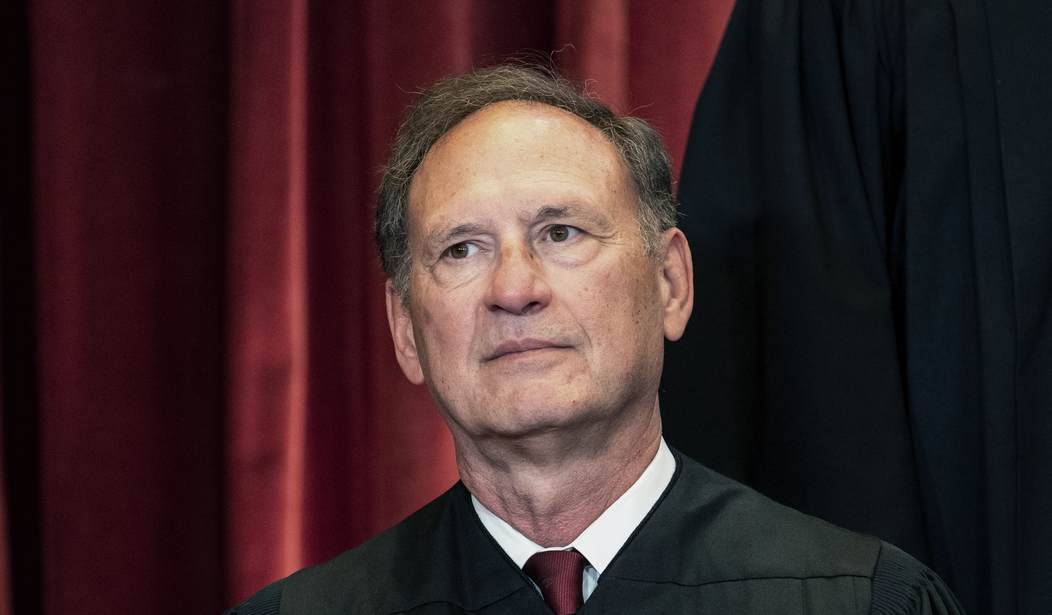
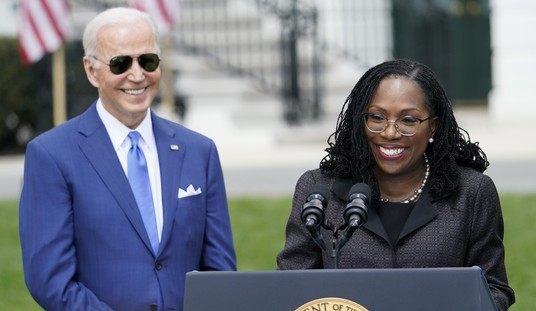

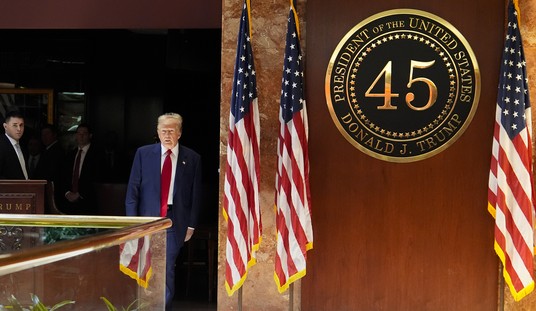
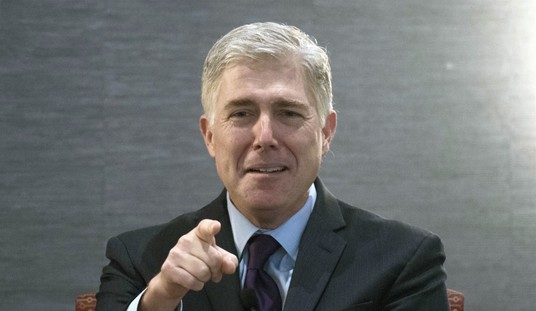
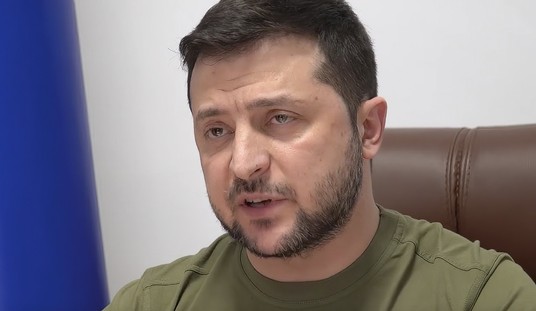


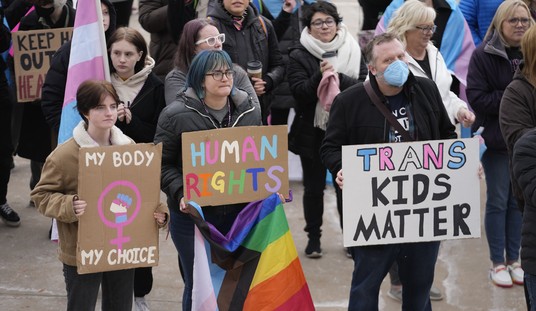





Join the conversation as a VIP Member